[Editorial] Evolving fears: How personal development changes the films that frighten us
As horror fans it feels that we’ve been conditioned over the years to fear; the rush of watching something frightening is often far and few between each viewing experience, which although is sensical, can also be frustrating as fright seekers. My personal tolerance for horror continues to expand as I grow older, compared to how I consumed horror as a young girl, these days I often struggle to find a horror film that truly terrifies me. This is a concept that seems to resonate with so many other horror fans, constantly seeking and searching for that rush of terror-evoked adrenaline that will result in sleepless nights and anxiety fuelled days. We spend hours upon hours asking for others to suggest ‘genuinely’ frightening films, and researching online which films have ‘truly’ scared other people - but even with suggestions flooding in, sometimes these films just don’t hit the mark.
After watching Damian McCarthy’s Caveat 2021 on Shudder, it got me thinking about how fear evolves with us throughout the course of our life, and therefore what once scared us might not do so anymore. Furthermore, it also got me thinking about how our fears are so relative to our own personal experiences, meaning making a scary film is no easy feat for a filmmaker. Caveat wasn’t necessarily the most inventive or unique film I have seen, but the tonality of this one gave me a sense of dread, and had my stomach flipping incessantly at what horror was lurking behind each corner of the decrepit house. Without giving spoilers, it came down to a single face, poised in what could be described as eternal horror combined with knowledge. With that face on the cards, and one breathtakingly heart-pounding moment of sheer terror, the film impacted me so much that as a grown woman, I refused to go to the bathroom alone.
It is that kind of fear that makes horror fans love the genre so much; where else can we go to seek such a disconcerting feeling? Although fear can be sourced through other means, for example roller coasters, nothing quite compares to the existential sense of dread that lingers for days to come. The first film that really gave me this feeling was Takashi Shimizu’s Ju-On: The Grudge 2002, it was extraordinarily terrifying, so much so that washing my hair, laying in a bed and going anywhere near an attic became almost impossible daily tasks for me - the thought of seeing that face was paralysing, and so in the end I insisted on sleeping in my parents room for three weeks straight (and yes, I’m ashamed to admit actually how old I was at this point). To this day, the film still riles up my panic sensors but not quite like it used to - it could be due to knowing what to expect, or it could be that my fears and the way I respond to those fears has developed over the years alongside my evolving personality and character.
Another film however, that still gets under my skin no matter how many times I watch it is Kiyoshi Kurosawa’s Kairo 2001, there are scenes within the film that feel haunting in a way that words cannot describe. Compared to my first viewing, in some ways it seems that the film has grown even more frightening to me over the years and just seeing some of the still imagery sends shivers down my spine. But what first scared me about the film has certainly changed; upon first watch in my teens it was the supernatural element that got to me, the thought of ghosts and the afterlife, however now it is the ominous portrayal of human loneliness and isolation that scares me the most. Kairo might be conventionally terrifying as a ghost tale, but it is a depressing look at how without human connection we can fall prey to ourselves without realising, and that reality is far scarier than any paranormal experience.
More recently I found myself drawn to slow-burn horrors that allow for the imagination to wonder and fill in the blanks, an aspect of myself that I find frightening. Jordan Graham’s Sator 2020 is one of the most terrifying films I have seen in a very long time, because not only does it play on humanity as a whole but it gradually builds its tension throughout and never once lets the audience have a moment to take a breath. As I’ve grown older, fear for me seems to come from the unknown and not knowing fully why something feels just off. It is difficult to explain when a situation or scenario just does not feel right, which is why it can make us feel so uncomfortable and distressed, because we cannot pinpoint exactly where the threat could be, what it could be and when it could strike us. Many horrors present the threat from the beginning; a knife wielding maniac or a killer shark might be scary in their own right, but knowing the threat seems to destroy an element of fear for me. In Sator we never truly understand what or who the threat is, and how it could impact the characters within the story, allowing the viewer's mind to wonder to darker corners not even explored within the film itself.
Part of me believes that I have been conditioned to fear and therefore find it more difficult to be frightened by certain horror films, but for the most part I believe that with my changing perspectives of the world, myself and those around me, that has moulded the way I experience the emotion and evocation of fright within myself. What we find scary as children doesn’t often stay the same as we become adults, and that’s because how we view the world completely changes too. For many parents their fears turn to those films that portray harm or threat to children; they cannot help but attain the situations to their own and pull on how they would feel in a similar position. An aspect that has become more prevalent to me is the fear of motherhood; as I grow older and ponder on one day having a child, I realise that my fears of becoming a mother are excruciating and therefore when watching Rosemary’s Baby 1968 for the first time, I was surprised to find myself overwrought with anxiety and completely overcome with a sense of trepidation at what was to come.
The complexities of our fears are rooted deeply, it is such a personal element that everyone experiences fright in a different way and not always do we have the same fears as one another. Which is exactly why for filmmakers to produce films that genuinely scare an audience is difficult, because unfortunately they cannot cater to the insecurities of every viewer. But that is what can make horror such a rich and defined genre; we often go into films expecting one thing and find ourselves completely overwhelmed by the fear it has been evoked in us, something that can be both a body-wrecking moment of terror but also something so exhilarating that we keep going back for more.


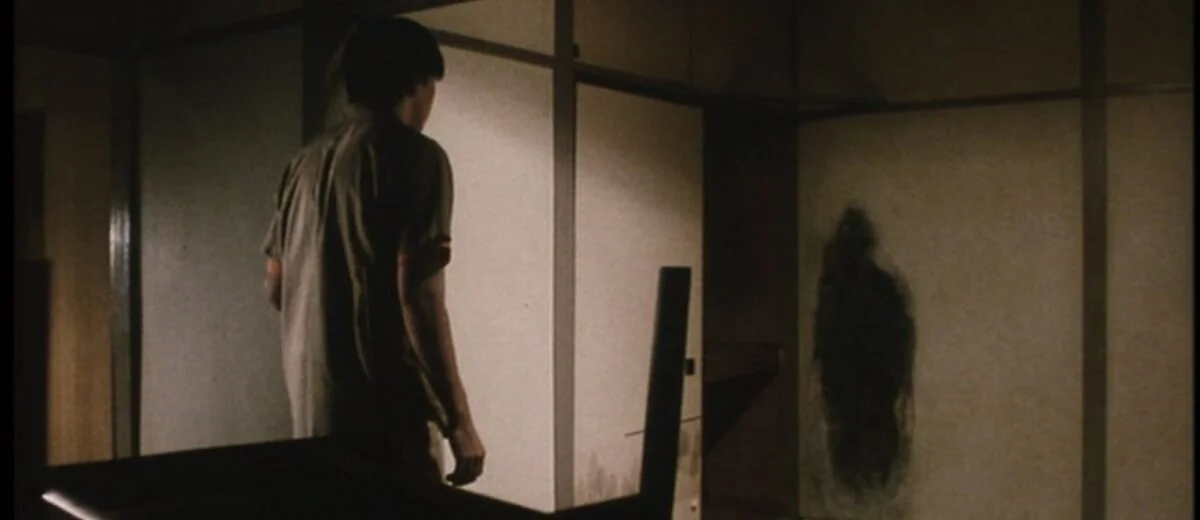

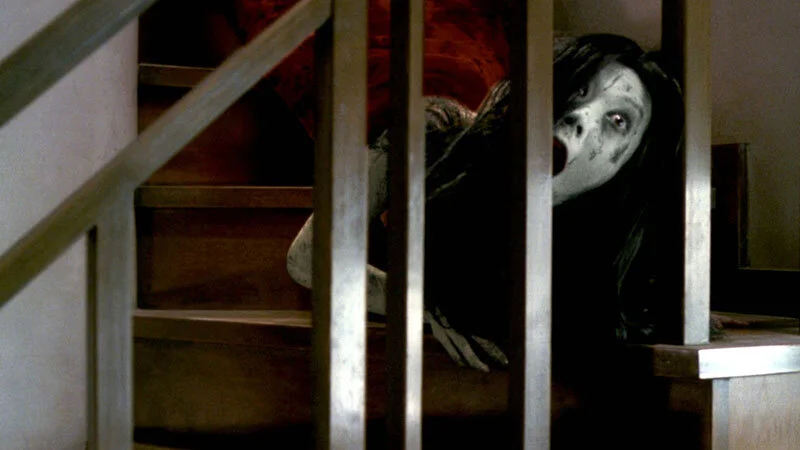
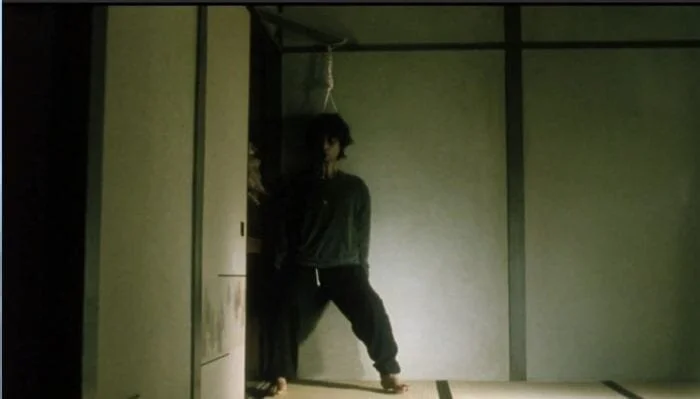
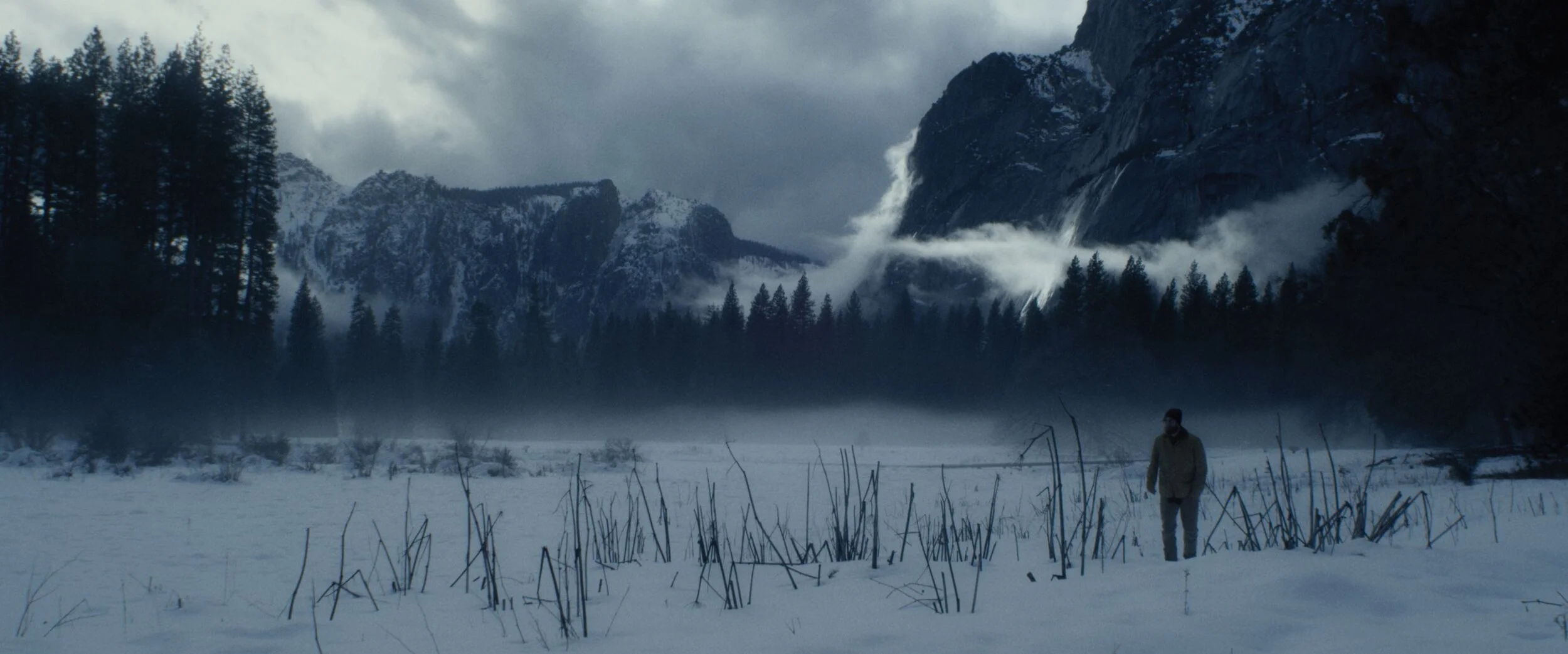
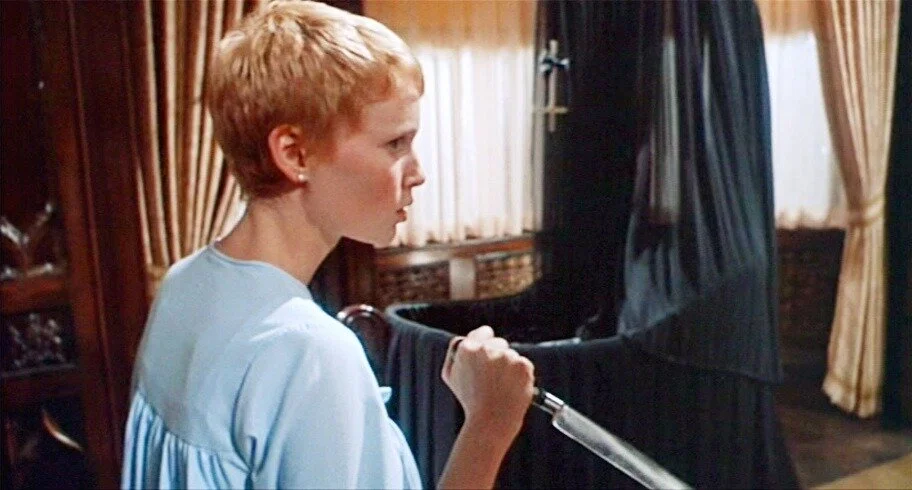
![[Editorial] 5 Slasher Short Horror Films](https://images.squarespace-cdn.com/content/v1/5fe76a518d20536a3fbd7246/1696358009946-N8MEV989O1PAHUYYMAWK/Screenshot+2023-10-03+at+19.33.19.png)
![[Ghouls Podcast] Maniac (2012) with Zoë Rose Smith and Iona Smith](https://images.squarespace-cdn.com/content/v1/5fe76a518d20536a3fbd7246/1696356006789-NYTG9N3IXCW9ZTIJPLX2/maniac.jpg)
![[Editorial] If Looks Could Kill: Tom Savini’s Practical Effects in Maniac (1980)](https://images.squarespace-cdn.com/content/v1/5fe76a518d20536a3fbd7246/1694952175495-WTKWRE3TYDARDJCJBO9V/Screenshot+2023-09-17+at+12.57.55.png)
![[Editorial] Deeper Cuts: 13 Non-Typical Slashers](https://images.squarespace-cdn.com/content/v1/5fe76a518d20536a3fbd7246/1694951568990-C37K3Z3TZ5SZFIF7GCGY/Curtains-1983-Lesleh-Donaldson.jpg)
![[Editorial] Editor’s Note: Making a slash back into September](https://images.squarespace-cdn.com/content/v1/5fe76a518d20536a3fbd7246/1694354202849-UZE538XIF4KW0KHCNTWS/MV5BMTk0NTk2Mzg1Ml5BMl5BanBnXkFtZTcwMDU2NTA4Nw%40%40._V1_.jpg)
![[Editorial] 8 Mind Horror Short films](https://images.squarespace-cdn.com/content/v1/5fe76a518d20536a3fbd7246/1693504844681-VPU4QKVYC159AA81EPOW/Screenshot+2023-08-31+at+19.00.36.png)
![[Editorial] Eat Shit and Die: Watching The Human Centipede (2009) in Post-Roe America ](https://images.squarespace-cdn.com/content/v1/5fe76a518d20536a3fbd7246/1691245606758-4W9NZWE9VZPRV697KH5U/human_centipede_first_sequence.original.jpg)
![[Editorial] Top 15 Female-Focused Mind Horror Films](https://images.squarespace-cdn.com/content/v1/5fe76a518d20536a3fbd7246/1691247166903-S47IBEG7M69QXXGDCJBO/Image+5.jpg)
![[Editorial] 8 Body Horror Short films](https://images.squarespace-cdn.com/content/v1/5fe76a518d20536a3fbd7246/1690838270920-HWA5RSA57QYXJ5Y8RT2X/Screenshot+2023-07-31+at+22.16.28.png)













I can sometimes go months without having a panic attack. Unfortunately, this means that when they do happen, they often feel like they come out of nowhere. They can come on so fast and hard it’s like being hit by a bus, my breath escapes my body, and I can’t get it back.